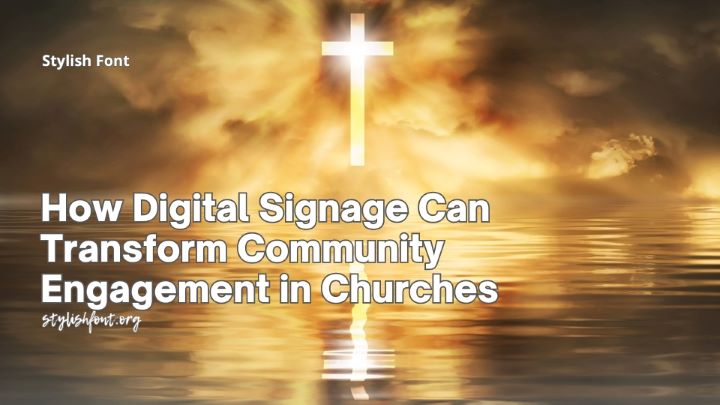Key Takeaways
- Understanding the historical significance of Juneteenth and its roots in the emancipation of enslaved African Americans.
- Exploring the cultural and contemporary relevance of Juneteenth in today’s society.
- Learning how communities and individuals celebrate and honor Juneteenth.
- Identifying ways to support and promote awareness of Juneteenth year-round.
History of Juneteenth
Juneteenth, also known as Freedom Day, commemorates June 19, 1865, when Union General Gordon Granger arrived in Galveston, Texas, and announced the end of the Civil War and the emancipation of the enslaved. This momentous declaration came over two years after President Abraham Lincoln issued the Emancipation Proclamation, marking a significant step toward the abolition of slavery in the United States.
The announcement made by General Granger symbolized a new beginning and brought hope to countless African Americans who had lived in bondage for generations. Despite the official end of slavery, many enslavers in Texas had withheld this crucial information from those they enslaved, perpetuating a system of forced labor and repression. The celebration of Juneteenth marks not only the end of physical enslavement but also the resilience and enduring spirit of African American communities.
Cultural Significance
The cultural impact of Juneteenth extends far beyond its historical roots. It serves as a time of reflection, celebration, and recognition of the resilience and contributions of African Americans. This holiday is central to the ongoing struggle for civil rights and equality, reminding us of the progress made and the work still required. To learn more about Juneteenth and its significance, you can visit the page provided by the NAACP Legal Defense Fund. Juneteenth is a powerful symbol of freedom and justice. It reminds us of the struggles endured and the victories achieved by African Americans throughout history. The holiday encourages a collective reflection on the legacies of slavery and segregation and inspires action toward building a just and equitable society. It also allows communities to come together, celebrate their cultural heritage, and acknowledge the importance of continuous advocacy for civil rights.
Modern Celebrations
Today, Juneteenth is celebrated with vibrant festivals, parades, educational events, and family gatherings. Many communities come together to enjoy music, food, and speeches that honor African Americans’ historical achievements and cultural heritage. These celebrations often include traditional African drumming, gospel choir performances, and readings of the Emancipation Proclamation. Cities across the United States, including major urban centers like New York and Los Angeles, host events that draw thousands of participants.
During these events, cultural performances, art exhibitions, and educational workshops are common, helping to spread awareness of Juneteenth’s significance. Additionally, the day often sees public dialogues and forums on racial equality, reflecting a commitment to addressing ongoing inequalities. The modern recognition of Juneteenth ensures that the legacy of freedom and resilience remains alive and relevant, fostering a deeper understanding and appreciation of African American history.
Educational Resources
Increasing awareness and understanding of Juneteenth is crucial. Numerous educational resources are available to help people learn more about this important day. For instance, History.com provides detailed articles and documentaries that delve into the significance and history of Juneteenth. These resources offer valuable insights into the events leading up to the emancipation and the broader context of American history.
Educational materials, such as books, films, and online courses, can also be instrumental in fostering a better understanding of Juneteenth. Schools and universities often incorporate Juneteenth into their curricula to educate students about the historical and cultural significance of the day. By promoting education around Juneteenth, we can encourage a more inclusive and informed society where the legacies of African American communities are recognized and celebrated.
Ways to Support Juneteenth
Supporting Juneteenth can take many forms. Individuals and organizations can contribute by educating themselves and others, participating in local celebrations, and advocating for racial equality and justice policies. Moreover, donating to causes and initiatives that align with Juneteenth’s values is a meaningful way to make a positive impact. Notably, organizations like the NAACP work tirelessly to advance these goals.
Additionally, participating in community events, volunteering, and supporting Black-owned businesses are practical ways to honor the spirit of Juneteenth. Engaging in conversations about race and history with friends, family, and neighbors can also spread awareness and foster understanding. By taking these actions, we can contribute to a collective effort to uphold the principles of freedom, equality, and justice for all, ensuring that the legacy of Juneteenth continues to inspire future generations.





